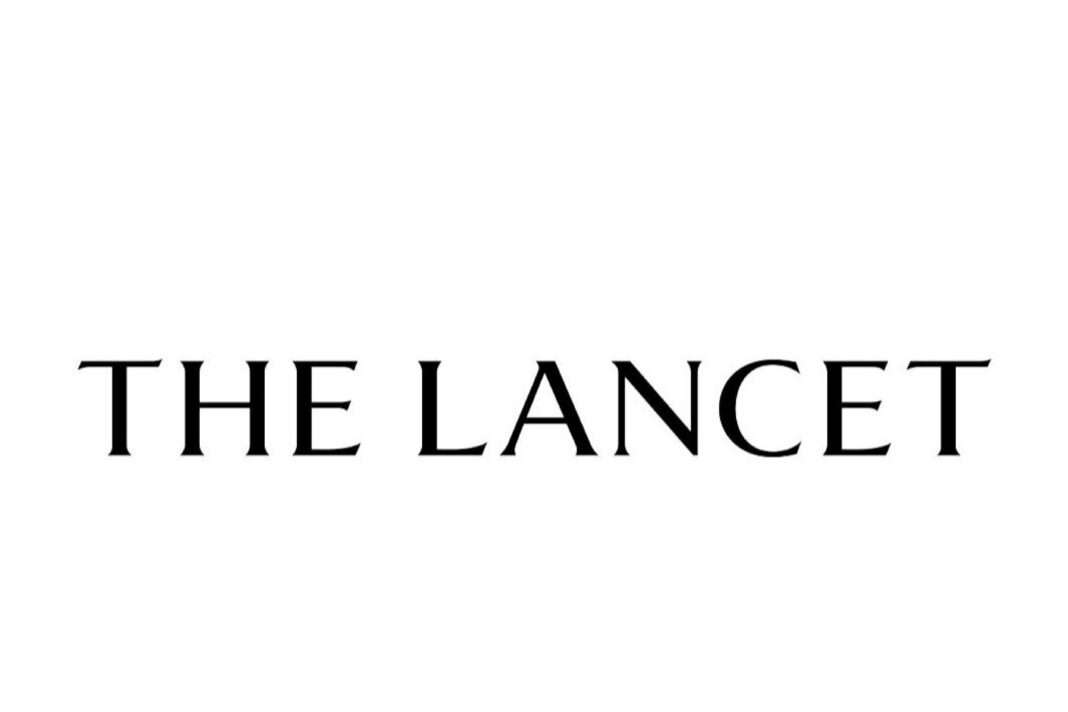CANADA—The Lancet medical journal, founded 200 years ago in 1823, has sought to transform urgent societal issues by contextualizing scientific research and study to create positive impacts for humanity.
The Lancet medical journal foresees potential hazards by the middle of the century should temperature escalation persist. The forthcoming United Nations climate talks, COP28, slated for November 30 to December 12 in Dubai, UAE, are anticipated to prioritize funding for economically repressed nations to adjust to climate shifts and manage the impact of severe weather occurrences such as floods, heatwaves and storms. The scientific journal projects heat-related deaths and food insecurity will skyrocket by mid-century—particularly in economically repressed countries.
“We’re already seeing climate change claiming lives and livelihoods in every part of the world. The impacts are happening here and now,” Marina Romanello, executive director of the Lancet Countdown at University College London, said in a briefing before the report’s release.
She added, “These impacts that we are seeing today could be just an early symptom of a very dangerous future unless we tackle climate change urgently.”
The Lancet Countdown report, released annually, tracks the connections between public health and climate change, globally, and is led by University College London in collaboration with over 100 experts from 52 research institutions. The 2023 report emphasizes the vital importance of a public health-centred approach to a planet facing unrepairable damage. Suppose immediate and substantial actions are not taken to address the fundamental drivers of climate change and bolster adaptation initiatives; there is a severe threat to the well-being of humanity.
Under this scenario, yearly heat-related deaths are projected to increase by 370 percent by mid-century, with heat exposure expected to increase the hours of potential labour lost globally by 50 percent. Increased occurrences of heat waves may result in approximately 525 million additional individuals facing food insecurity between 2041 and 2060, worsening the worldwide threat of malnutrition.
“People living in poorer countries, who are often least responsible for greenhouse gas emissions, are bearing the brunt of the health impacts,” said Georgiana Gordon-Strachan, an epidemiology professor at the University of the West Indies and director of the Lancet Countdown’s regional center for small island developing states.
Each tonne of greenhouse gas emissions magnifies the challenges and costs of climate change adaptations and increases long-term health risks to individuals. Despite this, fossil fuel companies, private banks and corporations persist in promoting fossil fuel usage, distancing us from a healthier future. Over the past year, investments in fossil fuels have surged, with oil and gas giants expanding their operations. Moreover, since the signing of the Paris Agreement, private banks have increased their funding to fossil fuel companies.
In the meantime, the most vulnerable communities continue to be disproportionately affected, trailing behind in the transition to zero-carbon alternatives. They remain dependent on air-polluting fuels and are exposed to the health hazards associated with energy poverty.
While one of the most severe examples of drought is unfolding in the Horn of Africa, punctuated by short and intense rainfalls, climate scientists project that droughts like this will increase exponentially because of human-instigated climate change, driven primarily by the burning of fossil fuels.
“You are coming from a very dry spell — then the next thing you are in this situation where there is a lot of flooding, flash floods, and a lot of rain,” Lukhwaro, who works for Doctors Without Borders said in an interview. “There is no stability. There is no time to recover. There is no time to improve the situation and the livelihoods of the populations that we serve.”
Canada is not immune to the risk of food insecurity caused by climate change. This past summer, Canadians faced a record-breaking wildfire season, with multiple parts of the country experiencing flooding. Droughts in Mexico and lowering water levels in the Colorado River affected exports of produce to Canada.
The Global Food Security Index (GFSI) is the pre-eminent source of intelligence on the drivers of global food security. Developed by Economist Impact and supported by Corteva Agriscience, it evaluates food security in 113 countries across four key pillars: affordability, availability, quality and safety and sustainability and adaptation. According to a 2022 report, 72 percent of the world’s calories come from wheat, rice, maize, and soybeans grown in just five countries. We might face a global food shortage if China, the US, India, Brazil and Argentina face a climate catastrophe.
The disabled and elderly communities, along with Indigenous and racialized communities, experience increased challenges daily while climate change introduces new ones.
Limited mobility can impede their ability to evacuate during extreme weather events, including heatwaves, wildfires and floods. Existing health conditions such as diabetes or respiratory diseases heighten the vulnerability of people with disabilities to extreme heat and poor air quality, exacerbated by the lack of air conditioning in their homes.
Indigenous communities grapple with constrained financial resources, leaving them ill-prepared to tackle extreme weather events and their fallout, leading communities to endure substantial damage to both ecosystems and infrastructure. Remote communities face augmented risks with rising temperatures and diminishing use of ice roads crucial for accessing supplies like food, fuel and emergency services.






